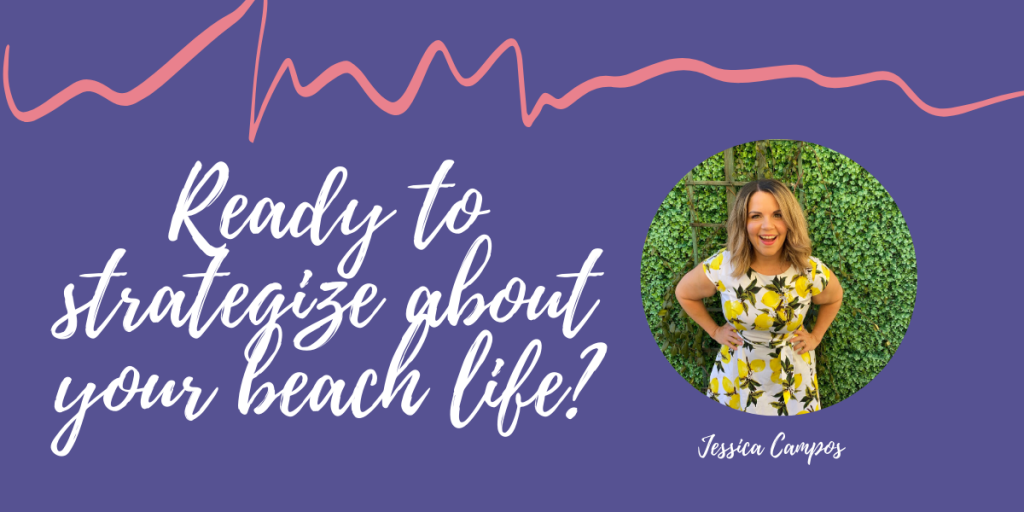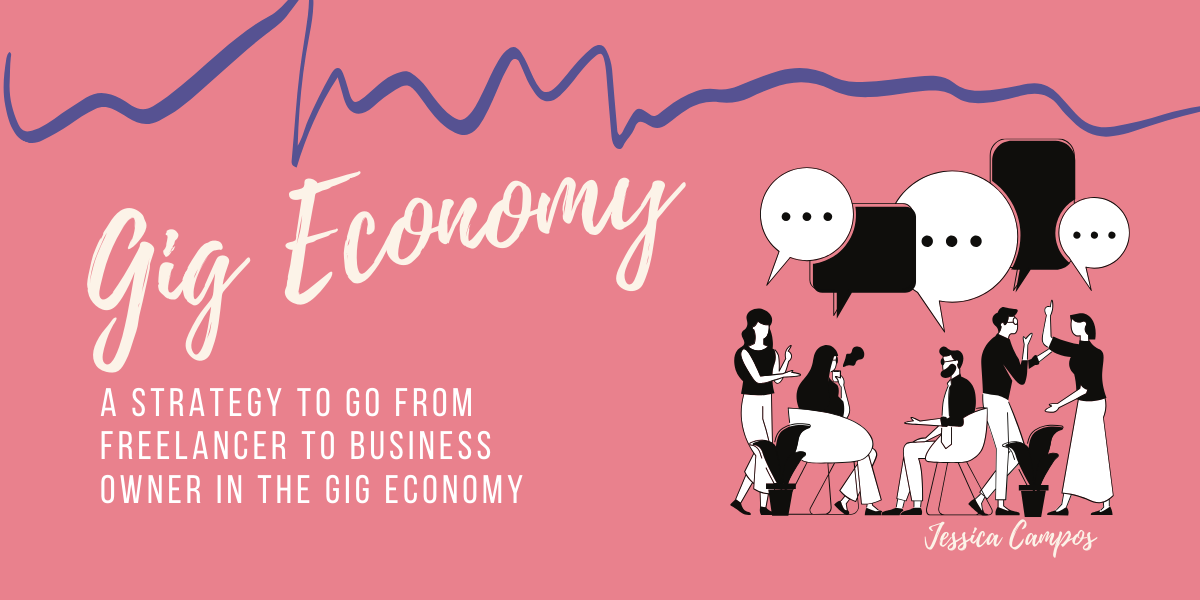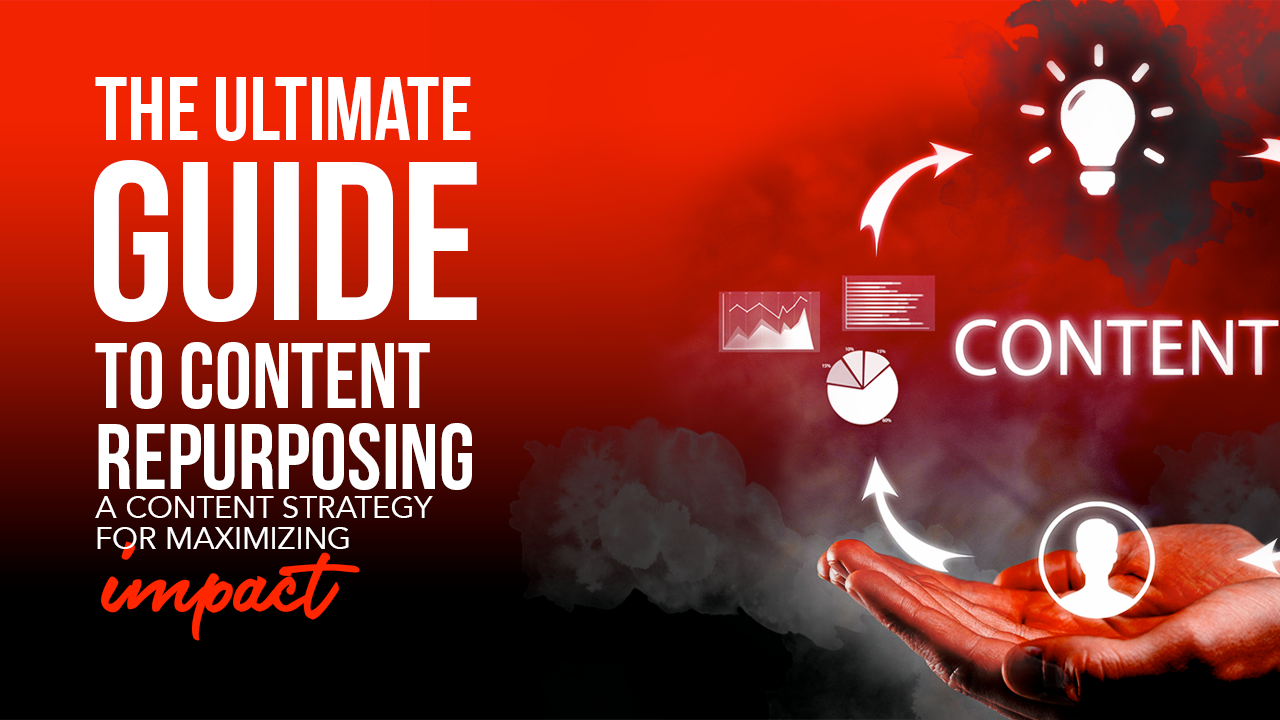[vc_row][vc_column][vc_column_text]
The Covid-19 coronavirus pandemic has been the bane of the labor market, as the health care crisis causes industries to struggle and businesses to shutter. Early data shows that new job postings are down and unemployment claims are soaring.
The Gig Economy Definition
The gig economy is a free market system where organizations and independent workers engage in short-term work arrangements. According to the BLS, in 2017 the US gig economy had 55 million participants. It’s estimated that 36% of US workers take part in the gig economy and 33% of companies extensively use gig workers.The word “gig” refers to the transient nature of the job itself.Gig Economy Examples
The gig economy definition encompasses all sorts of contingent work arrangements, for example:- Freelancers
- Consultants
- Independent contractors and professionals
- Temps (temporary contract workers)
The “Coronavirus Economy”
The pandemic has been a relentless destroyer of brick-and-mortar businesses as public health officials warn against in-person interactions. But the coronavirus is boosting almost anything that can be done online or with minimal human contact — grocery deliveries, online learning, takeout food, streaming video, even real estate closings done with online notaries.
The result, economists say, is likely to be dramatic losses in local retail and dining options, with millions of jobs disappearing as the biggest and wealthiest companies — especially those that do much of their business online — extend their gains.
Telework, online education and streaming video have grown sharply.
While some economists caution that these shifts may be temporary, others see long-term changes taking hold.
Joining the Gig Economy
You might be considering starting a new business, selling products or services. The main question is “how to replace your full time income?”
Back in the days of our Big Recession, I debated between pursuing my law career or taking the devastation as an alert to shift. I chose the second.
Shifting from a traditional career to the gig economy was not an easy process, mainly because 10 years ago nobody was talking about it.
To give you some context, Upwork, the biggest platform for freelancers, started in 2005 as O-desk. The company wasn’t acquired until 2015. Today, Upwork has twelve million registered freelancers and five million registered clients.
Today, more than ever, I consider myself a pioneer and visionary. I saw the perks of working for home and fall in love. I told my friends “I want to have a permanent beach life.” A vision that was once viewed as crazy by my friends, has turned into a real company. I help professionals turn their ideas into real income-generating opportunities so they can build their own beach life.
You can pivot! It sounds too good to be true, but if you have an entrepreneurial spirit and can hustle, then you will succeed.
How to Start Freelancing?
The first step is making an inventory of your transferable skills. In my case, for example, as an attorney, I transferred:
- Research skills
- Story-telling skills
- Writing skills
- Ability to manage complex processes
- Ability to meet due dates
- Organization skills
- Leadership skills
- Persuasion skills
- And other soft skills that helped me build a successful law firm at age 27
You can check my Marketing University later, but before that, let’s discuss possible gig works for you.
Sustainable Gigs For You
The rapid spread of digital technologies is transforming many economic and social activities. If you’re tech-savvy, or have experience in traditional marketing, there’s a spot for you in the gig economy.
Facebook Ads Expert $150 Per Hour
Experience:- 5-7 years
- Industry-specific expertise
- Extensive digital marketing experience in the industry.
- Writing skills.
- Advertising experience with performance reports.
- Platform-specific
- Marketing research
- Marketing strategy
- Business development
Experience:
- Management/project management experience
- 15+ years of experience
Skills:
- Trello, Jira, Monday, Teamwork, Basecamp, Asana, Wrike, Slack, etc.
- Mastery of organization tools like Google Docs and Spreadsheets along with Drive, Dropbox, and the like is key.
- Outstanding communication using multiple tools like Skype and screen share is very useful in keeping processes efficient and effective.
- Ability to handle fast-paced environment
- A big plus: experience in global team management.

WordPress Digital Strategist $125 Per Hour
Experience:
- Marketing consulting experience 10+ years
- Full marketing & sales cycle: online and offline
Skills:
- Brand design
- Website development
- Content marketing
- Business blog design
- Search Engine Optimization
- Digital channel development.
- Mastery of organization tools like Google Docs and Spreadsheets along with Drive, Dropbox, and the like is key.
CRM Developer $125 Per Hour
Experience:
- Software solutions architecture
- 5+ years of experience
Skills:
- Data analysis
- Outbound/inbound marketing automation
- Lead generation architecture
- Software-specific mastery
- Strategic planning
- Full marketing & sales cycle: online and offline
Content Marketing Strategist $100 Per Hour
Experience:
- Story-telling & communications
- 10+ years of experience
Skills:
- Copywriting for social media posts, enterprise experience
- Article writing, industry-specific
- Blog writing
- Social Media Audits and Strategy
- Brand Management, Project and Team Management
- Highly Effective Communicator
- WordPress, Microsoft Office, SEO certification
- Social Media Analytics Reporting
- Self-driven
Virtual Customer Service Management $75 Per Hour
Experience:
- Customer service manager or director
- 5+ years of experience
Skills:
- Strong written and oral communication skills
- Web research
- Prepare and present reports, studies, and other various projects.
- Highly organized.
- Systems to meet deadlines. and achieving positive results.
- Ability to work under pressure with little or without supervision.
- Can provide blog writing for specific industries
- Data miner – social media – lead finder
Instagram Marketing $45 Per Hour
Experience:
- Social media management
- 5+ years of experience
Skills:
- My strong written and oral communication skills
- Instagram marketing
- Instagram ads
- Reports
- Lead mining and lead management
- Industry specific experience is preferred
- Customer service skills
From Freelancer to Business Owner
Freelancers are also called solopreneurs. However, they don’t necessarily see themselves as business owners.
Regardless of the identity or model that you use to operate, your goal is to bring as much income as you can, while keeping your life in check.
Here’s an overview of the path to go from freelancer to business owner.
1) Build a brand- establish your unique valuable proposition and claim a voice.
2) Testimonials- reputation is currency in the digital economy.
3) Marketing strategy- define your marketing channels and marketing plan to get visible.
4) Advertise – combine online and offline channels to expand your reach.
In Closing
The gig economy is real. When you’re ready to strategize, I’m here![/vc_column_text][/vc_column][/vc_row][vc_row][vc_column][vc_masonry_grid post_type=”post” max_items=”9″ grid_id=”vc_gid:1585430121989-cabc4d4d-413b-10″ taxonomies=”188, 164, 179, 206, 20″][/vc_column][/vc_row][vc_row][vc_column][vc_masonry_grid post_type=”testimonial” max_items=”10″ grid_id=”vc_gid:1585430253245-7d3422de-b3fa-6″][/vc_column][/vc_row]










